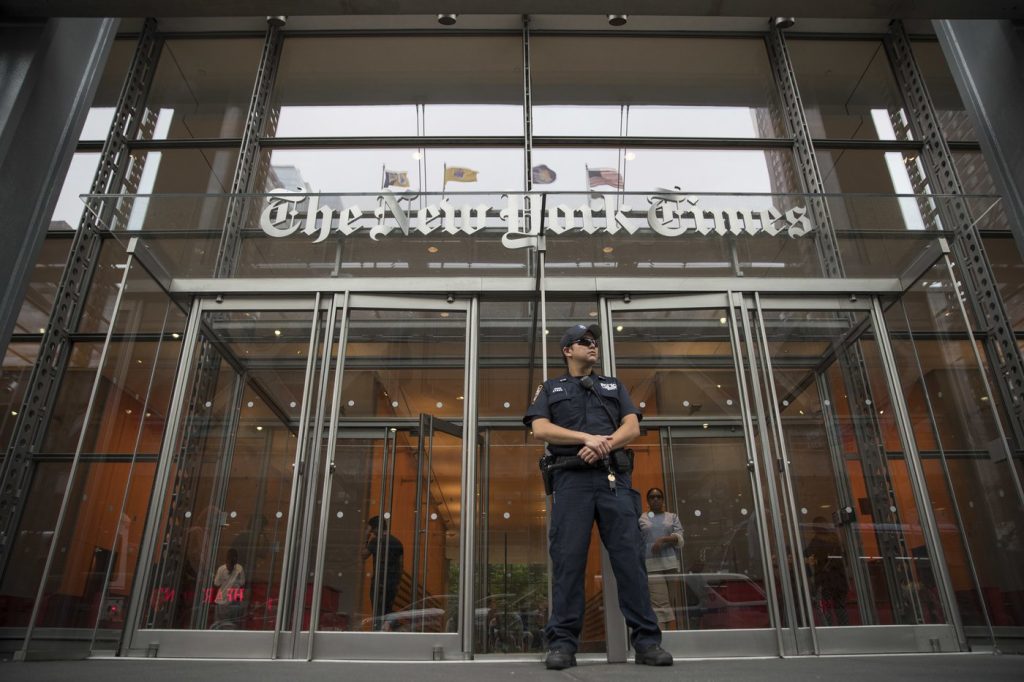TAMPA, Fla. (AP) - A federal judge in Florida has dismissed former President Donald Trump’s substantial $15 billion defamation lawsuit against The New York Times. This ruling marks a significant moment in Trump's ongoing legal battles since leaving office, highlighting the complexities involved in defamation cases, particularly those involving public figures.
The court's decision emphasized various legal precedents and the standard protections afforded to media organizations under the First Amendment. Trump's lawsuit, filed in February 2022, centered around an opinion piece published by The New York Times that Trump claimed contained false statements about his actions concerning Russian interference in the 2016 presidential election.
In his ruling, the judge pointed out that the opinion piece was a form of protected speech, reinforcing the importance of freedom of the press. The judge reinforced that, despite Trump’s high-profile status as a public figure, the threshold for proving defamation is significantly higher. For claims to hold in court, public figures must demonstrate 'actual malice,' meaning they must prove that the publisher either knew the statements were false or acted with reckless disregard for the truth. This condition is notoriously difficult to meet, especially given the political context surrounding Trump's public persona and the media's role in covering his administration.
Trump's legal team argued that the New York Times article was not merely opinion but laden with factual inaccuracies that damaged Trump's reputation. However, the court found that the piece in question did not contain factual assertions that could serve as the basis for a defamation claim, thereby reinforcing the editorial protections enjoyed by news outlets when expressing opinions about public figures.
As a high-profile figure with considerable media exposure, Trump's lawsuits have been multiple, extending beyond just The New York Times. This particular case is seen as part of a broader strategy to challenge critical media narratives about his presidency and to assert control over his public image. Despite his efforts, the legal landscape regarding defamation remains daunting for public personalities, with this ruling serving as a reminder of the stringent barriers to success in such lawsuits.
Overall, this ruling underscores the judiciary's commitment to uphold First Amendment protections, particularly in cases involving the press. The outcome provides insights into how the courts interpret and apply laws concerning defamation, especially when it involves political figures. The implications of this decision may resonate through Trump’s future legal challenges and affect how public figures interact with media narratives moving forward.
This development not only impacts Trump but also has broader implications for how media outlets operate under the scrutiny of political figures. The ruling serves to protect the free exchange of ideas and opinions, ensuring that journalism can continue to operate without the chilling effects of potential defamation lawsuits from powerful individuals.











